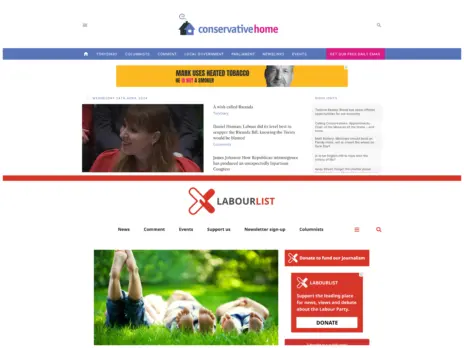
- 'Sufficient evidence' to show Hill received confidential info from Met
- Officer's alleged leaks 'did not compromise' hacking probe
- DPP finds 'public interest outweighs the overall criminality alleged'
Guardian journalist Amelia Hill will not be prosecuted in relation to allegations she received confidential information from an officer working on the Met's phone-hacking probe Operation Weeting.
Hill was questioned by officers investigating leaks from the investigation in September, three weeks after a 51-year officer was arrested for allegedly supplying information to the paper.
She was one of 11 individuals whose files were handed over to the Crown Prosecution Service by the Met in April, but the CPS today revealed it will not press charges against Hill for aiding and abetting misconduct in public office or breach of the Data Protection Act.
Alison Levitt QC, the principal legal advisor to the Director of Public Prosecutions, said there was "sufficient evidence" to show that 10 articles written by Hill between 4 April 2011 and 18 August 2011 contained confidential information from Operation Weeting, including the names of those who had been arrested.
There was also sufficient evidence to establish the police officer in question had disclosed the information to Hill.
But Levitt concluded there was insufficient evidence against either suspect to provide a 'realistic prospect of conviction'for the offices of misconduct in a public office or conspiracy to commit misconduct in a public office.
There was also no evidence the police officer was paid for the information, and the information he disclosed was said to 'confidential'but not 'highly sensitive".
'It did not expose anyone to a risk of injury or death,'said Levitt. 'It did not compromise the investigation. And the information in question would probably have made it into the public domain by some other means, albeit at some later stage."
She added: 'In those circumstances, I have concluded that there is no realistic prospect of a conviction in the police officer's case because his alleged conduct is not capable of reaching the high threshold necessary to make out the criminal offence of misconduct in public office.
'It follows that there is equally no realistic prospect of a conviction against Ms Hill for aiding and abetting the police officer's conduct."
'Public interest outweighs the overall criminality alleged'
Hill also learnt today that she would not face prosecution under the Data Protection Act for receiving personal information – because she was acting in the public interest.
New DPP interim guidelines unveiled earlier this year require prosecutors to consider whether the public interest outweighs the 'overall criminality alleged".
Levitt said: 'So far as Ms Hill is concerned, the public interest served by her alleged conduct was that she was working with other journalists on a series of articles which, taken together, were capable of disclosing the commission of criminal offences, were intended to hold others to account, including the Metropolitan Police Service and the Crown Prosecution Service, and were capable of raising and contributing to an important matter of public debate, namely the nature and extent of the influence of the media.
'The alleged overall criminality is the breach of the Data Protection Act, but, as already noted, any damage caused by Ms Hill's alleged disclosure was minimal. In the circumstances, I have decided that in her case, the public interest outweighs the overall criminality alleged."
But 'different considerations'applied to the officer, said Levitt. As a serving police officer, the public interest defence in his alleged conduct carried 'considerably less weight'than Hill's.
'However, there are other important factors tending against prosecution, including as already noted, the fact that no payment was sought or received, and that the disclosure did not compromise the investigation,'said Levitt.
'Moreover, disclosing the identity of those who are arrested is not, of itself, a criminal offence. It is only unlawful in this case because the disclosure also breached the Data Protection Act.
'In the circumstances, I have decided that a criminal prosecution is not needed against either Ms. Hill or the police officer."
Levitt said she had, however, written to the Metropolitan Police Service and the Independent Police Complaints Commission recommending they consider bringing disciplinary proceedings against the officer.
Email pged@pressgazette.co.uk to point out mistakes, provide story tips or send in a letter for publication on our "Letters Page" blog






